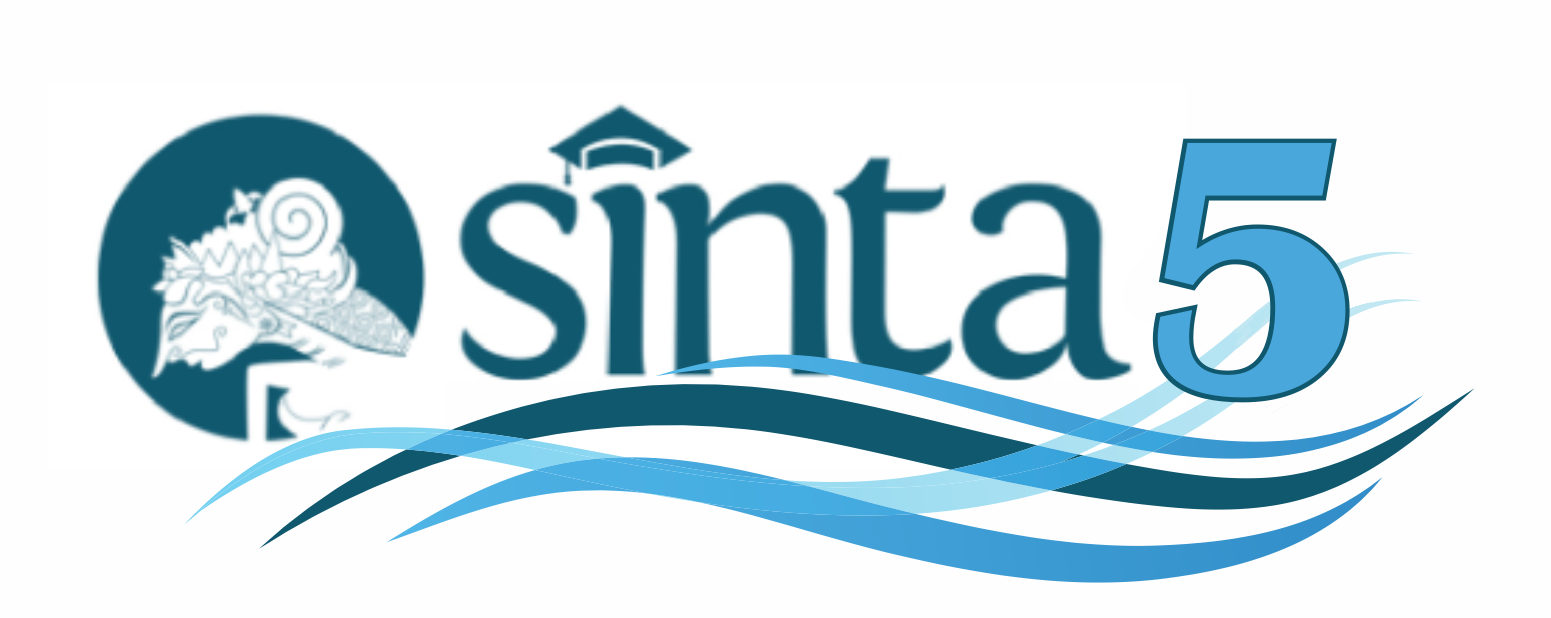Pengaruh Penambahan Vitamin C Dosis Berbeda Terhadap Pertumbuhan Dan Kelangsungan Hidup Ikan Nila (Oreochromis niloticus) Betina
DOI:
https://doi.org/10.31957/acr.v7i1.3781Abstract
Artifficial fee nutrition can be enhanched by adding vitamin C, aiming to suport the growth and survival of female Nile tilapia (Oreochromos niloticus). The addition of vitamin C to feed for the growht an d survival of fish has been extensively studied. However, there is still limited research specifically focusing on female Nile tilapia. The study aims to investigate the effect of vitamin C supplementation in feedd and to determine the optimal dosage for the growth and survival of fimale Nile tilapia juveniles. The research adopts an experimental approach using a Completely Randomized Design (CRD), consisting of 4 treatments and 3 replications. The treatments include A (Vitamin C 200 mg/kg feed), B (Vitamin C 300 mg/kg feed), C (Vitamin C 400 mg/kg feed) and D (Without vitamin C supplementation). Based on the results, the treatment with 300 mg/kg feed provide the best outcome, followed by treatment A and treatment C. The ANOVA analysis results indicate that there is no significant effect on growth (Fcount < Ftable) with a significance value >0.05, while there is a significant effect on survival (Fcount > Ftable) with a significance value < 0.05. Therefore, it is concluded that adding vitamin C to feed does not significantly affect the growth of female Nile tilapia juveniles but results in better growth compared to not providing vitamin C. In addition, of vitamin C significantly affects survival.
Keywords: Female Nile Tilapia, Growth and Survival, Vitamin C
Downloads
Downloads
Published
Issue
Section
License
Copyright (c) 2024 ACROPORA: Jurnal Ilmu Kelautan dan Perikanan Papua

This work is licensed under a Creative Commons Attribution-NonCommercial-ShareAlike 4.0 International License.
Authors who publish with this journal agree to the following terms:
- Authors retain copyright and grant the journal right of first publication with the work simultaneously
licensed under a Creative Commons Attribution-NonCommercial-ShareAlike 4.0 International License
that allows others to share the work with an acknowledgement of the work's authorship and initial
publication in this journal. - Authors are able to enter into separate, additional contractual arrangements for the non-exclusive
distribution of the journal's published version of the work (e.g., post it to an institutional repository
or publish it in a book), with an acknowledgement of its initial publication in this journal. - Authors are permitted and encouraged to post their work online (e.g., in institutional repositories or
on their website) prior to and during the submission process, as it can lead to productive exchanges,
as well as earlier and greater citation of published work (See The Effect of Open Access).




















